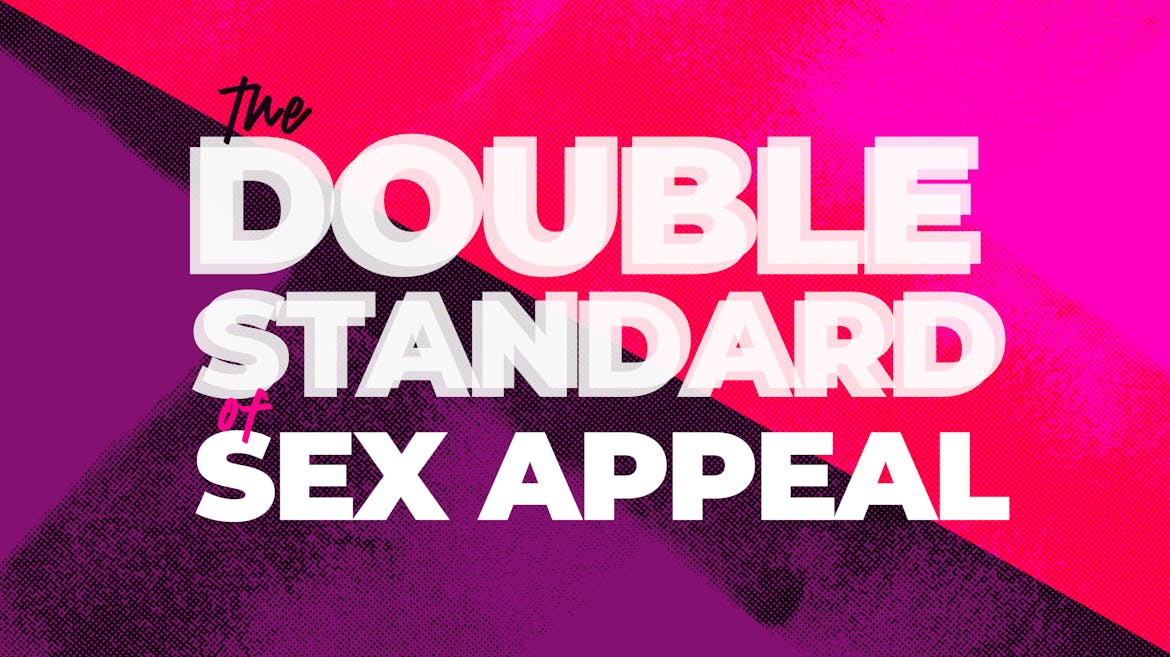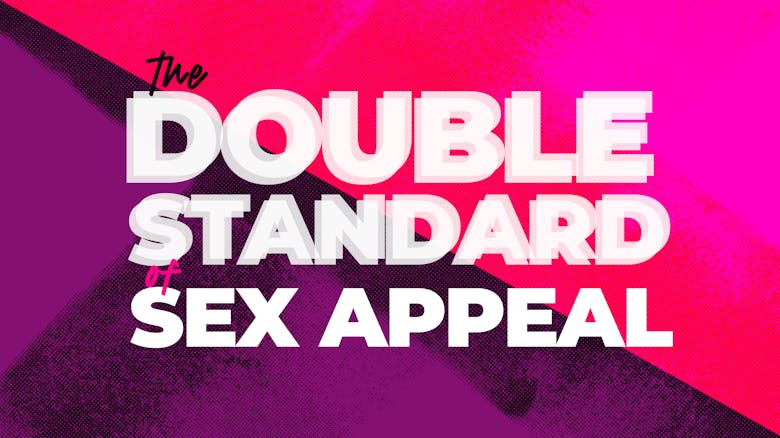
The Double Standard of Sex Appeal: Sex sells, but not for women
Update!
06/03/2024 - The ASA reviewed their initial ruling and revoked their decision to ban FKA twigs poster ad for Calvin Klein, stating the ad is "not sexually explicit" and is presenting "a woman who appear[s] to be confident and in control".
Read more on the Revised Calvin Klein Ruling.
Sex appeal has long been recognised as a powerful marketing tool. Have you seen Calvin Klein’s latest campaign with the guy from the Bear? I couldn’t even remember his name, and yet, I know where I know him from, and I know that he looks good in a pair of Calvin Klein boxers. It went viral in under 24 hours, with many praising the brand for its bold approach.
On the flip side, FKA Twigs, a talented and acclaimed artist, also starred in a Calvin Klein ad that, contrary to expectations, faced controversy and was banned for being “overly sexualised” and accused of objectifying women.
So where do the societal norms and expectations stand when it comes to the portrayal of sexuality in advertising? It seems the message from this is that while sex can be a powerful tool when it comes to men, women face a different set of standards. The ad with FKA Twigs, which showcased her in a denim shirt wrapped around her body, revealing only a fraction of her body, was met with disapproval and a ban, with the advertisement standards authority (ASA) going as far as to conclude that the ad was “irresponsible and likely to cause serious offence” Meanwhile, Jeremy Allen's portrayal of a hot day lounging on a couch in your underwear was embraced by the public, likely reminding men around the world to replace their old boxers.
Calvin Klein defended the banned ad, arguing that it depicted an empowered and confident woman. However, this controversy highlights a broader issue within the advertising industry – a double standard that seems to persist, despite changing societal attitudes. Other Calvin Klein ads, featuring models like Kendall Jenner and Kate Moss, are just as revealing, but have only sometimes faced similar criticisms of being overly sexualised or “racy”, raising questions about consistency in applying standards. It’s worth noting that Jeremy’s ad has also raised concerns about objectification, yet it has not been banned (yet).
Calvin Klein has clearly applied the same standards for both ads across genders, while the ASA states that the FKA Twigs ad uses “nudity and [is] centred on FKA Twigs' physical features rather than the clothing”. This can also be said for Jeremy Allen’s ad, which is also more focused on his body rather than the clothing; even LinkedIn comments seem to be more focused on his body than the boxers. Overall, what you remember for both ads is who is starred in them and how naked they are, rather than Calvin Klein itself.
Controversy around Calvin Klein's advertisements sheds light on a double standard in the world of advertising. While sex may sell for men, women often face harsher scrutiny and criticism for similar portrayals of sexuality. As discussions around gender equality and representation in media continue, is it crucial for advertisers to re-evaluate their messaging and strive for a more equitable portrayal of sexuality in their campaigns?
By Amelia Novack, Marketing Executive. Ingenuity
Subscribe to Ingenuity’s content hub
Receive the latest interviews, insights and trends straight to your mailbox.

